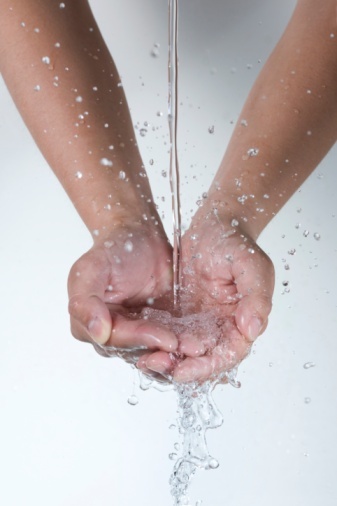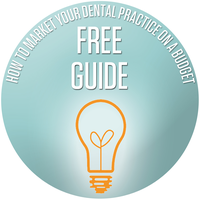Ever since we were little kids, we've been told by our parents about the importance of clean hands. You go to the bathroom, you wash your hands. You play outside, you wash your hands. You pet the dog, you wash your hands. You wash your hands, you wash your hands again! It's particularly important, however even more so for doctors, dentists, and all employees who work with patients' mouths. Read on to find out more about why this simple, everyday action makes a significant difference for your business.

It's Expected...and Required!
Dental care providers have a responsibility to adhere to scientifically accepted and evidence–based principles of infection control. Hand washing is one of the biggest measures of personal hygiene and very important for infection control. Most infections are preventable and keeping the hands clean is among the easiest ways to do just that. It's a different way for dentists and their employees to think about safety as they move from patient to patient. With proper hand washing, contamination of the oral cavity and face with organisms carried on the dentist's hands can be prevented entirely.
Jewelry and Nails Matter
Contrary to what you might think, one can't expect to simply leave jewelry on, wash it along with his or her hands, and have their hands be clean enough to work around and in a patient's mouth. In fact, the wearing of hand jewelry while providing general dental care is strongly discouraged, and absolutely prohibited during surgical procedures. Bacterial counts are higher on hands with jewelry and artificial or long nails, and both make the tearing of hygienic gloves more likely. It's recommended to keep nails short and rounded and to leave jewelry off when working with patients.
Having Clean Hands Builds Trust
Aside from the hygienic aspect of washing hands regularly, having noticeably clean hands while performing dental work forms a better relationship – one built on trust with patients. When a patient is getting their mouth worked on, it’s obvious that the dentist's and hygienist's hands will be in their face. That means that the patient can see and smell their hands the whole time. If it's clear to the patient that the professionals who are working on them are concerned about cleanliness and good hygiene, that patient is likely to trust that those professionals are after his or her better interests. This leads to return visits, recommendations, and an overall more positive experience.
Your parents harping on you as a little kid to stay clean may have seemed like a nuisance at the time. But as you can see, having clean hands - particularly for those who are working in and around patients' mouths - is of great significance for many reasons. Remember, ten out of ten patients recommend clean hands for dentists and the practices that employ them!



